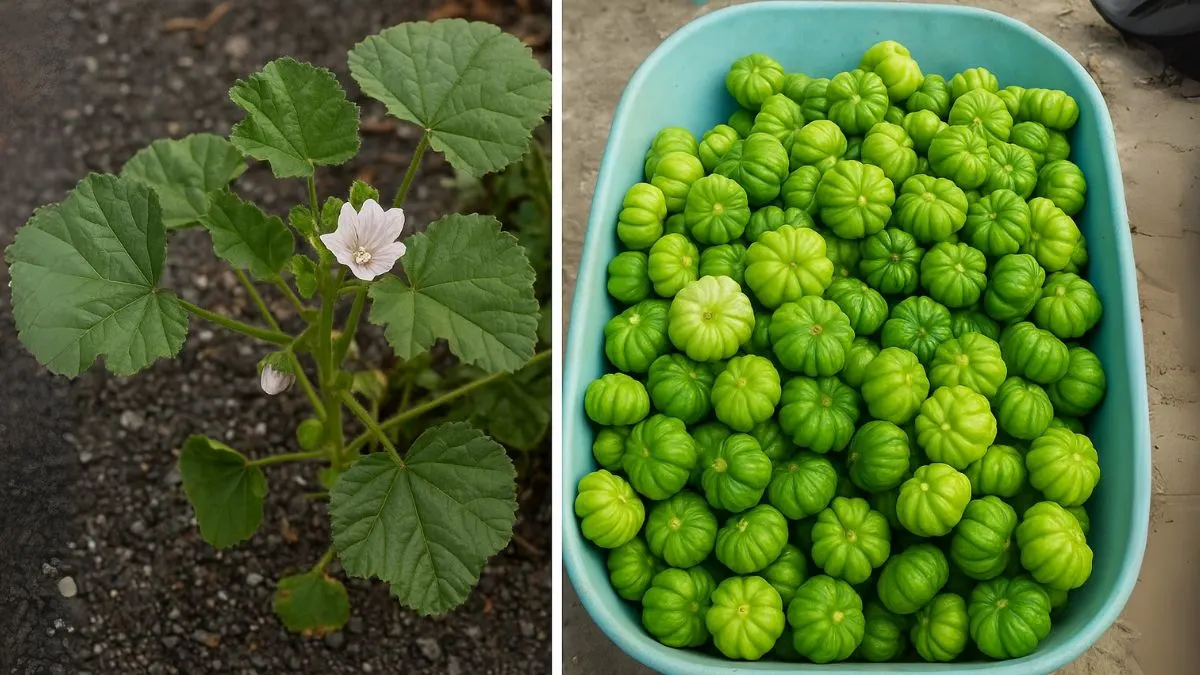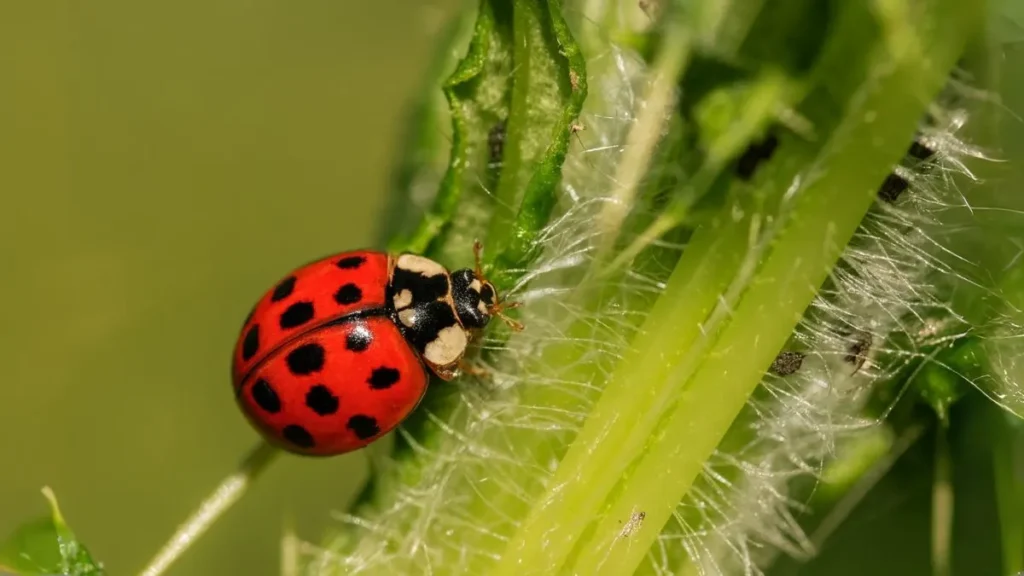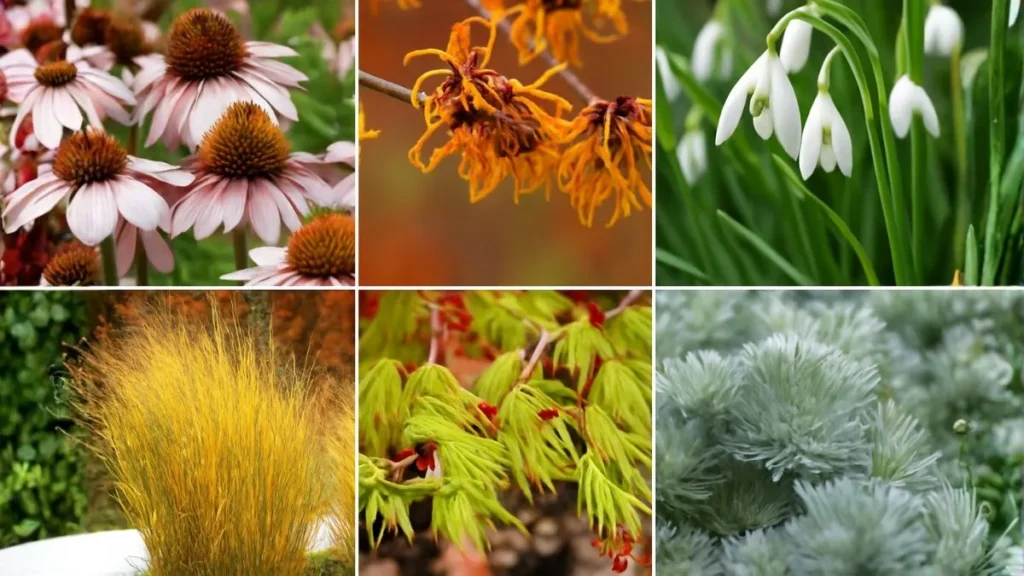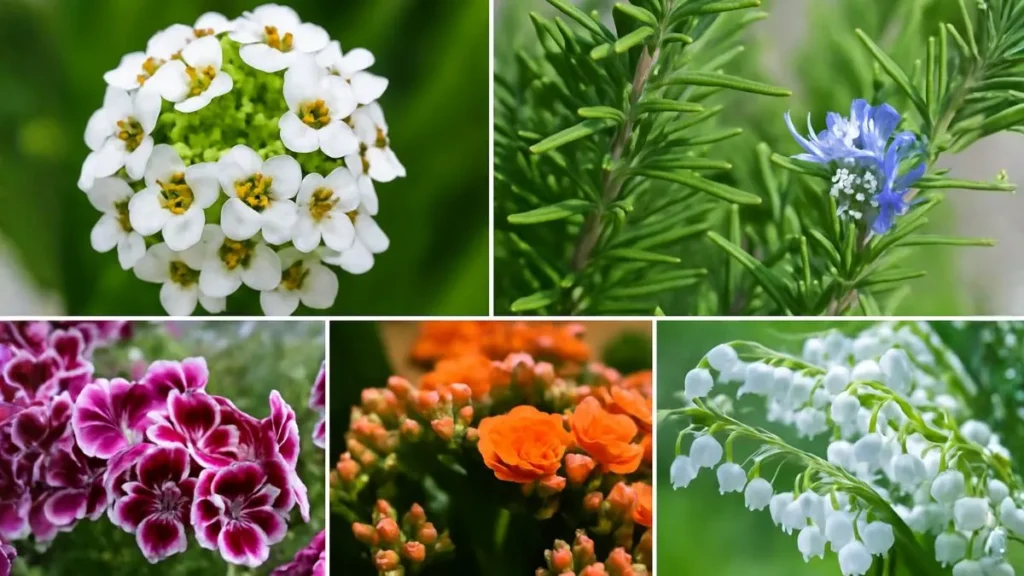Some of nature’s most powerful remedies are growing quietly under our feet, often mistaken for common weeds. One such treasure is Malva, Dwarf Mallow (Malva neglecta). This small but mighty plant has been a staple in traditional medicine for centuries, used across Europe, Asia, North America, and especially valued by herbalists in Canada and the USA.
Beyond its nutritional value, the remarkable health and medical benefits of Common Mallow (Malva neglecta) make it a must-have in any natural wellness routine.
What is Malva, Dwarf Mallow?

Malva, Dwarf Mallow belongs to the Malvaceae family and thrives in surprisingly diverse environments—gardens, roadsides, and even between sidewalk cracks. Its resilience is matched only by its healing power.
The plant is easily recognized by its soft, rounded leaves and delicate pink-purple flowers. What makes it remarkable is that every part—leaves, flowers, and seeds—can be used for medicinal purposes, offering a wide spectrum of healing benefits.

Medical Benefit of Malva neglecta
The medical benefit of Malva neglecta lies in its rich content of mucilage, antioxidants, vitamins, and minerals. This unique combination gives it potent healing qualities, making it useful for:
- Soothing inflammation in the throat, stomach, and skin.
- Aiding digestion by coating and calming the digestive tract.
- Promoting skin healing for burns, rashes, and wounds.
This is why it remains a trusted herbal remedy among both traditional healers and modern herbalists.
Soothing Inflammation the Natural Way
One of the most valued abilities of Malva neglecta is soothing inflammation, aiding digestion, and promoting skin healing. The plant’s mucilage acts like a protective film, coating irritated tissues in the throat, stomach, and skin.
For respiratory relief, herbalists often prepare warm mallow tea to calm sore throats and ease dry coughs. Topically, a poultice made from fresh leaves can reduce redness and swelling caused by insect bites, sunburn, or minor wounds.
Also Read: How to Display Multiple Plants Beautifully (Without Clutter!)
Aiding Digestion and Supporting Gut Health
When it comes to digestive wellness, Malva, Dwarf Mallow stands out. Its mucilage soothes the stomach lining, relieves irritation, and supports regular bowel movements.
In herbal traditions, it’s recommended for people recovering from stomach flu, mild gastritis, or digestive discomfort. Since it works gently, it’s suitable for children, the elderly, and anyone with sensitive digestion.
Promoting Skin Healing
The skin-healing ability of Malva, Dwarf Mallow is one of the reasons it’s a staple in herbal ointments. Its anti-inflammatory and antimicrobial compounds help speed up recovery while minimizing infection risks.
I personally tried a fresh mallow leaf compress for a kitchen burn, and by the next morning, the redness had faded significantly, showing just how fast it works.
More Remarkable Health and Medical Benefits of Common Mallow (Malva neglecta)
Beyond its well-known uses, the remarkable health and medical benefits of Common Mallow (Malva neglecta) extend to:
- Immune Support – Antioxidants fight free radicals, strengthening overall immunity.
- Hydration – Mucilage helps tissues retain moisture, especially in dry climates.
- Versatile Use – Can be prepared as tea, tincture, poultice, salve, or even eaten raw in salads.
In rural areas of the Middle East and Europe, young mallow leaves are cooked or eaten fresh, providing a nutrient boost with vitamins A and C.
Also Read: Flower Bed Magic: 7 Creative Layouts That Wow Every Visitor
How to Use Malva, Dwarf Mallow
- Tea – Steep fresh or dried leaves in hot water for 8–10 minutes for a soothing drink.
- Poultice – Crush fresh leaves and apply directly to irritated or inflamed skin.
- Salve – Infuse in oil, then mix with beeswax for a healing ointment.
- Fresh Greens – Add tender young leaves to salads or soups for extra nutrition.
Sustainable Harvesting
Because Malva, Dwarf Mallow grows abundantly, it’s easy to harvest without harming ecosystems. Always gather from clean, pesticide-free areas and leave enough plants for natural reseeding.
This approach ensures you can enjoy the medical benefit of Malva neglecta year after year without depleting its availability.
Why This Plant is a Hidden Gem
In a world obsessed with exotic superfoods, Malva neglecta often goes unnoticed. Yet, its gentle effectiveness in soothing inflammation, aiding digestion, and promoting skin healing makes it one of the most accessible medicinal plants on the planet.
Quick Health Benefit Table
Benefit |
How It Works |
Common Uses |
Soothing inflammation |
Mucilage coats and protects tissues |
Sore throat, cough, gastritis |
Aiding digestion |
Calms the stomach lining & supports bowel regularity |
Ulcers, indigestion, constipation |
Promoting skin healing |
Anti-inflammatory & antimicrobial action |
Burns, rashes, wounds |
Also Read: 6 Perennial Herbs for Endless Harvest
Bringing Back Herbal Wisdom
Nature hides treasures in plain sight, and Malva, Dwarf Mallow is one of them. Whether you’re brewing a healing tea, applying a poultice to a burn, or enjoying fresh leaves in a salad, you’re tapping into centuries of herbal knowledge.
If you truly want to experience the remarkable health and medical benefits of Common Mallow (Malva neglecta), consider adding it to your home herbal kit. Its gentle yet powerful properties may just make it your go-to remedy for everyday wellness.






